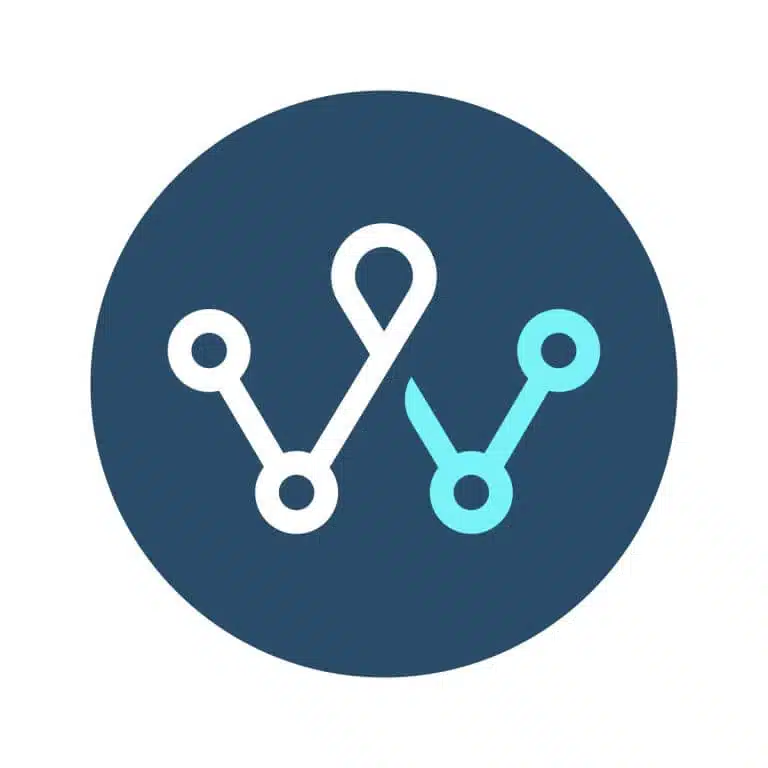Want to know what Sitecore is? Let’s find out the main Sitecore features, why you should use Sitecore, and the most common Sitecore problems. We’ll start with the basics; then we’ll move on to the top Sitecore problems, what causes them, and how to fix them.
What is Sitecore?
Sitecore is one of the world’s leading .NET Content Management Systems (CMS), but it’s true strengths go well beyond what we expect from a typical CMS. By its own description, it is a fully integrated customer experience platform that’s used to create highly personalized digital experiences.
For ecommerce, financial services, and a diverse range of other types of customer-focused online business models, Sitecore’s platform integrates content management, ecommerce, email marketing, and analytics into a single dashboard. It enables the creation and management of highly personalized marketing campaigns and even supports multiple languages, streamlining marketing efforts for global enterprise.
How Sitecore Works
Sitecore makes it easy to update website content and create digital marketing and email campaigns from within the platform. Once a campaign is running, Sitecore leverages artificial intelligence to manage each stage of the sales funnel. It integrates with Salesforce and other enterprise platforms and digital asset management (DAM) tools to simplify marketing workflows and maximize campaign results.
What sets Sitecore apart is that it collects the totality of your customer interaction data and connects it into a single source of truth, enabling just-in-time business decisions that add value to the customer experience.
Over time, Sitecore creates detailed customer profiles using interaction data, giving you unprecedented visibility into your customer base—data that can then be leveraged to improve your products and services and grow the bottom line.
Since Sitecore is a fully managed service, users enjoy the latest security features and continual updates to ensure they’re always compliant with current data privacy legislation and protected from emerging threats.
Sitecore Key Features
Sitecore offers many features that set it apart from other CMS systems in its class. Here are the top three:
- Digital Experience Platform. Sitecore combines customer data, marketing automation, powerful analytics, AI, and machine learning to take customer engagement to the next level. Organizations can offer personalized content in response to real-time interactions across all channels. Create content once and display it across all touchpoints, maximizing the value of your content and enabling a seamless omnichannel user experience.
- Digital Asset Management. All your content lives in one place and can be accessed by any department and pushed out to any platform as needed, providing a centralized space for planning, scheduling, and content production. AI supports content tagging and grouping for similarity across topics and customer profiles and integrates with your CMS to enable holistic and connected marketing campaigns.
- Customer Data Platform. Sitecore’s unified data capabilities enable incredible digital experiences that encourage customer engagement and build loyalty. View real-time data across all channels and make in-time product and content suggestions based on customer needs.
As you can see, Sitecore is so much more than a CMS. But despite these advantages, no system is 100% perfect all the time. Sitecore users occasionally have issues with aspects of the platform, but fortunately, most are easily solved.
Top Three Most Common Sitecore Issues
Let’s talk about the top three most common Sitecore problems and how to solve them.
1. Sitecore Performance Problems.
When Sitecore is slow or isn’t performing as it should, it can be incredibly frustrating at least and damaging to your business at worst. The good news is, there’s an answer for why this might be happening. The bad news is, it’s likely because it hasn’t been set up correctly, so you’ll have a little troubleshooting to do before you can pinpoint and resolve the issue.
2. Sitecore Configuration Problems
Poor configurations will slow down your Sitecore performance significantly. However, most of these issues relate to the media. If caching is not configured correctly, the system will have to resize your content every time access is requested—meaning your blogs, videos, or other digital assets might take a long time to load.
Other configuration problems you might want to check:
- MSSQL should be set to cap memory usage at a maximum of 90% of the total available system RAM. Otherwise, the operating system might swap out SQL data, which will impact performance.
- When indexes are set to index all fields, queries will take longer to process.
- When static content (CSS and JavaScript, for example) is not compressed, it takes longer to parse these items to the front end.
- Be sure Sitecore is configured to fetch media using /-/ or media requests will not complete quickly.
3. Problems With Deployment
The prospect of having so many new features and capabilities is exciting. But as with any enterprise tool, Sitecore is highly nuanced and requires a detailed approach to ensure you’re getting all the benefits you signed up for. You need to have an adequate hosting environment, clean code, and properly configured servers and databases. Ultimately, it is always to your advantage to work with a Sitecore specialist to make the most of what it has to offer.
Conclusion
Now that you know a little bit more about Sitecore and the most common Sitecore problems, it’s clear to see that most of these issues are avoidable. By taking a detailed approach to configuration and deployment, most Sitecore problems are easily avoidable.
If you want to learn more about Sitecore CMS, visit our in-depth guide.




